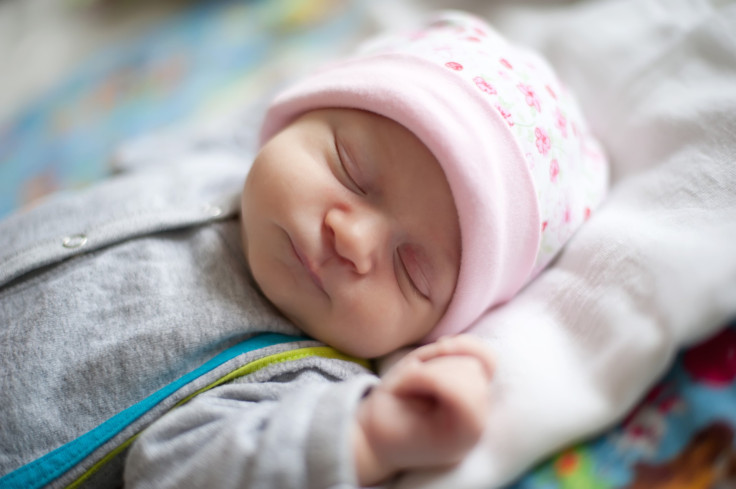Womb Transplant: Woman With Transplanted Womb Successfully Gives Birth To Baby Boy, In A Medical First

Doctors in Sweden have reported the first baby to be successfully delivered in a transplanted womb, calling the feat a medical first.
The mother, 36, had been born without a uterus, but received a donated womb from a friend who was already in her 60s. A uterus transplant involves putting a healthy uterus in the place of one that is diseased or isn’t there at all. A woman who doesn’t have a uterus is unable to experience embryonic implantation, which essentially means she’s infertile. But the Swedish mother, who wished to remain anonymous, was given a chance to have her own child thanks to the implanted uterus.
The baby was born prematurely but healthy, according to The Lancet, and weighed about 3.9 pounds. The child is "amazing," the father said, according to the BBC. "It was a pretty tough journey over the years, but we now have the most amazing baby," he said. "He’s no different from any other child, but he will have a good story to tell."
The replacement womb was from a 61-year-old woman, a family friend who had already undergone menopause years earlier. During a 10-hour operation last year, doctors implanted the donated organ into the to-be mother. She also underwent in vitro fertilization, had her eggs harvested and fertilized, then had an early-stage embryo inserted into her womb.
Professor Mats Brannstrom led the transplant team, and said that it was a miracle moment to see the first baby born in a transplanted womb. “That was a fantastic happiness for me and the whole team, but it was an unreal sensation also because we really could not believe we had reached this moment,” he said. “Our success is based on more than 10 years of intensive animal research and surgical training by our team, and opens up the possibility of treating many young females worldwide that suffer from uterine infertility.”
Though exciting, womb transplants can still be dangerous to a woman’s health, especially since the drugs the woman took to prevent organ rejection have been linked to cancer. After giving birth to the child, it’s likely that the Swedish mother will have to have the womb removed in order to prevent long-term damage from the drugs, or her body rejecting the organ.
Doctors, meanwhile, hope to continue working on making it safer and better so that other women with womb transplants can also give birth to children. “I think it is brilliant and revolutionary, and opens the door to many infertile women,” Dr. Allan Pacey, the chairman of the British Fertility Society, told the BBC. “The scale of it feels a bit like [in vitro fertilization]. It feels like a step change. The question is can it be done repeatedly, reliably, and safely.”
“It gives hope to those women and men that thought they would never have a child, that thought they were out of hope,”said Liza Johannesson, a gynaecological surgeon on the team.



























